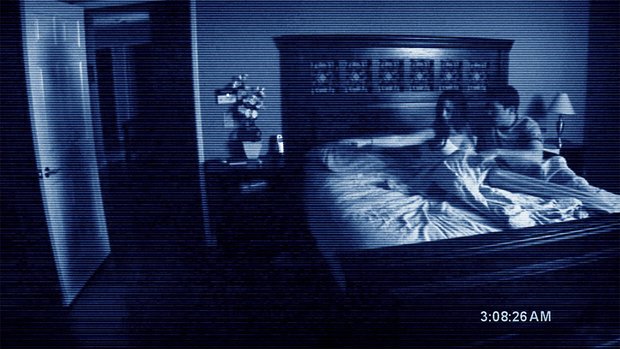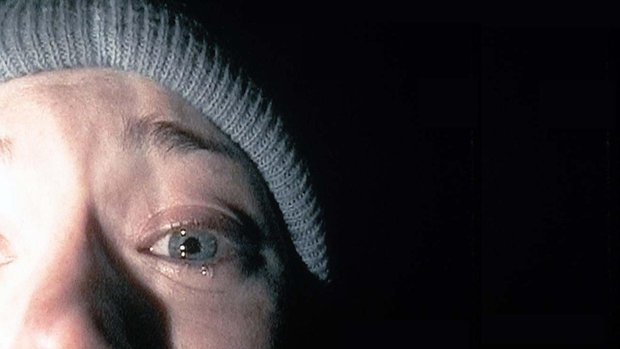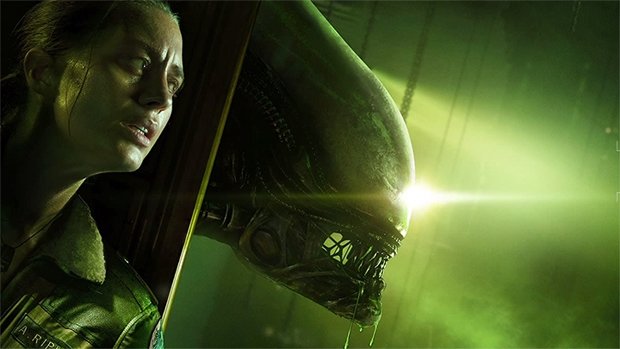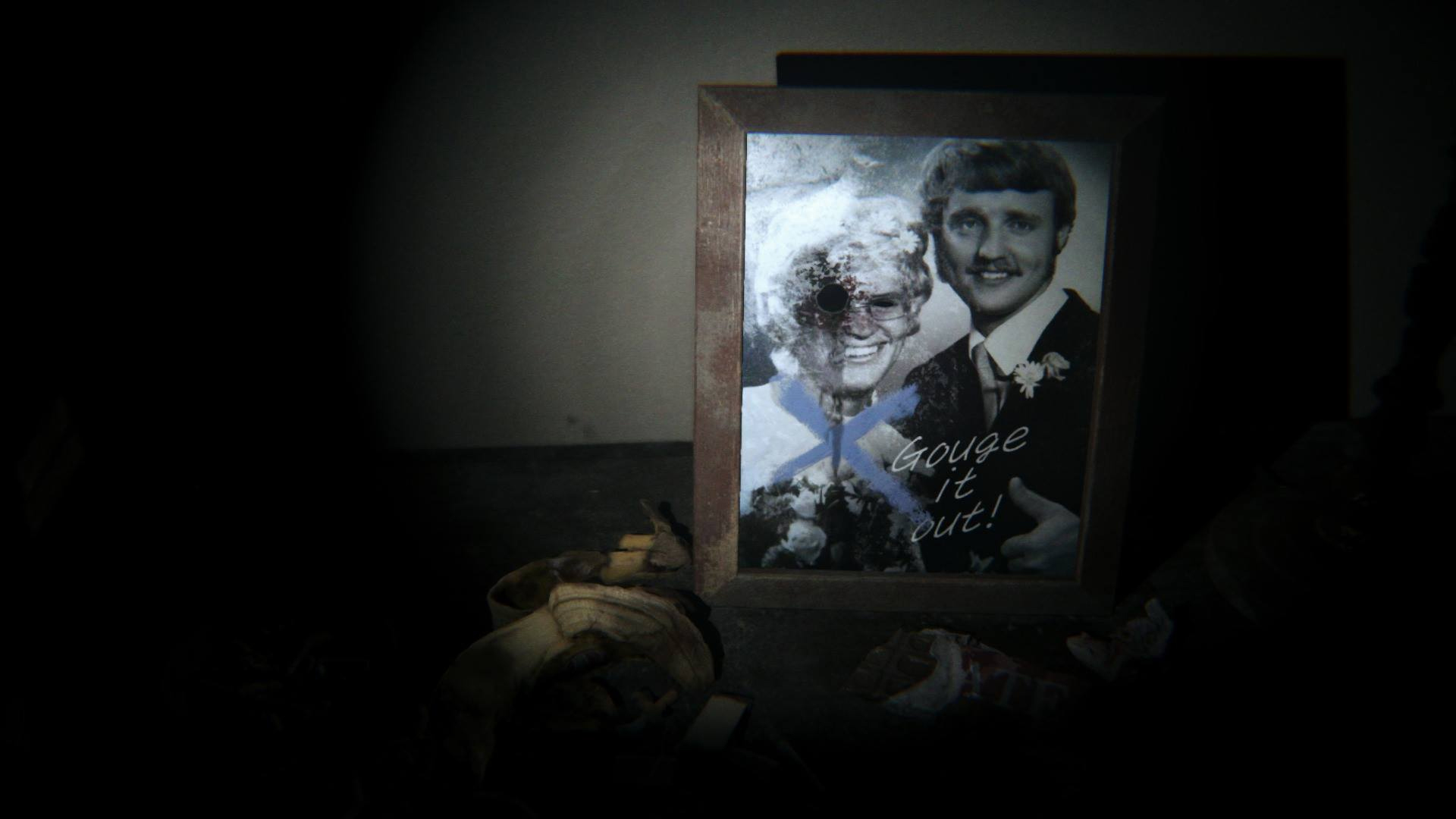Horror gaming can save itself by paying attention to horror film
Horror gaming has changed a lot over the last few years, and not always for the better. Genre giants from Resident Evil to Silent Hill have faltered, not sure what to do about their own nicheness. Smaller psychological horrors like the Clock Tower series and Eternal Darkness have quietly vanished. And as new games try to slide into the resulting void, gorefests like The Evil Within and jumpscare generators ala Five Nights at Freddy's offer little in the way of progress.
But stay calm, because this has happened before - not to horror games, but horror films. Strung out and seemingly lifeless after slashers gutted the market in the early ‘90s, horror cinema turned to lower budget, smaller scale projects to get by. The genre not only survived, but flourished by getting back to the root of what made it frightening in the first place. Horror gaming is in the midst of that same metamorphosis, pushing aside flash and clichés to get back to the basics.

While that might seem like empty encouragement - movies and games are different beasts, after all - both horror films and horror games have experienced a renaissance of their own following a period of stagnation. On the gaming side, smaller developers disappeared from the scene, and the frontrunners became more risk-averse in the mid-2000s, leaving the genre at a creative dead end. A decade earlier, the slasher films of the ‘80s led horror movies into the realm of self-parody (from The Texas Chainsaw Massacre to Bride of Chucky). By the mid-’90s, that film category bottomed-out from lack of innovation, and it didn't see another big hit until 2001.
But that hit was something special, so weird and different that it almost seemed too niche to succeed: The Blair Witch Project. Made on a shoestring budget using only basic effects, it was a huge success for reasons that didn't make sense at the time. Why would people pay movie theater prices to watch teenagers freak out about piles of rocks? But what made Blair Witch work was, without torrents of blood and over-the-top production, it had to fall back on the basic psychological aspects of fear.

That resulted in the film focusing on two things in particular: an unidentifiable threat lurking in the dark, and limitations on the senses. Both of those are way scarier than generic gore, because they use your imagination to fill in the blanks. Blair Witch proved to be exactly what horror audiences were looking for, eventually earned over 2000 times its original budget at the box office (no, that's not a typo), and altering the course of its genre.
Though horror gaming's slump came later, the result was virtually identical. The genre was barren after most small-time developers disappeared in the 2000s and the big names started churning out titles lacking in inspiration. But in 2010 came Amnesia: The Dark Descent (following in the footsteps of Penumbra, an equally good horror game that didn't receive the same viral status). Rather than inspiring unpleasant feelings via buckets of blood and an enemy you defeat through violence, Amnesia pulls straight from the playbook that Blair Witch wrote: after taking away all your power, it drops you into an environment that emphasizes dark spaces, frightening sounds, and hints that your pursuer is nearby even if you don't know where. In other words, it's full of things that are instinctively frightening rather than visually shocking. The result, much like with Blair Witch, was a game so terrifying it became an instant success and set a new precedent that shocked the genre back to life. It changed the way the entire medium looks at horror for the better, with games like Slender: Eight Pages, Outlast, and Alien: Isolation playing off that idea to great success.

That isn't to say that horror games are bound to the same trajectory as horror films. In fact, games are already starting to mix the influences of past horror games with this new, basic focus on terror. P.T. is easily the best example, as it uses grotesque visuals to accentuate the simple act of walking down a hall with something following you. The upcoming Allison Road promises a similar focus, as do titles like the claustrophobic survival horror Narcosis and the eerie SOMA (from the developers of Amnesia, so definitely one to watch). Even games outside the strict confines of horror are starting to tinker with the idea of instinctive fear for their more frightening segments, like the beginning of Gone Home when the house still feels foreign and spooky. Clearly, this is a method that works, and more developers are finding ways to use it to make their games fresh, fascinating, and frightening.
Sign up to the GamesRadar+ Newsletter
Weekly digests, tales from the communities you love, and more
Granted, there was no happily-ever-after for horror cinema. As other studios rushed to replicate the creative and financial (but mostly financial) success of Blair Witch, the cycle of overindulgence has repeated, and a glut of found-footage movies have left the genre as fallow as slashers did once upon a time. We can no doubt expect the same thing to happen pretty much every time something new and fresh comes along, as the rush bank on the Next Big Thing will inevitably turn it into the The Old, Boring Thing nobody's interested in anymore. But that eventually paves the way for a New Big Thing to take the stage, so in the midst of every creative slump, a spark of inspiration can set off something different and genre-defining.

Thankfully, because the resurgence of horror games came later than film's, its renaissance is happening right now, and the result is a new wave of intrinsically terrifying titles that prove the genre is far from dead. Does that mean horror gaming's woes are forever behind it? Probably not, since the frightening-unseen-creature can easily be overplayed or misappropriated in the name of profit. But that does mean we're in a period of remarkable quality, set to witness an artistic evolution, and will get to play some damn fine games as a result. All because stagnation forced the genre to look outside itself.
Taking what was learned about horror in film and applying it to games hasn't determined horror gaming's immutable future, but has shaken the genre up enough that it no longer gets in its own way. We're only a few years out from that advent, and it's uncertain where we'll go from here. But we're human, and there will always be something that scares us. By taking in the lessons that horror film learned the hard way, horror gaming is in a much better place to find out what that is.
Former Associate Editor at GamesRadar, Ashley is now Lead Writer at Respawn working on Apex Legends. She's a lover of FPS titles, horror games, and stealth games. If you can see her, you're already dead.



